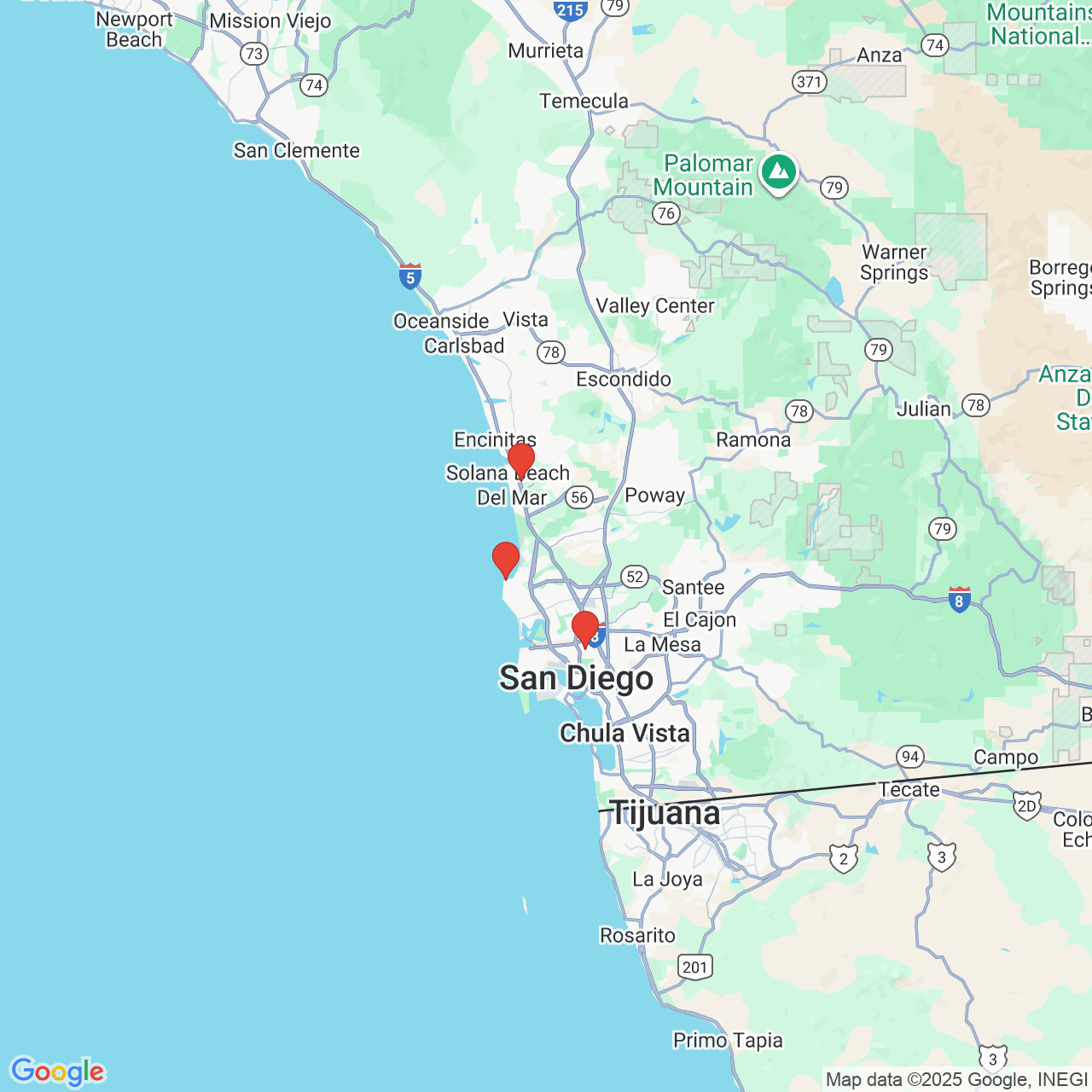Eight Foods to Improve Vision
 Most children are encouraged to eat carrots to preserve vision. Is there any truth to that? We know that professional eye care services promote good eye health, but do certain foods have an impact on eyesight?
Most children are encouraged to eat carrots to preserve vision. Is there any truth to that? We know that professional eye care services promote good eye health, but do certain foods have an impact on eyesight?
Certain foods provide vitamins and nutrients that support ocular health. And for those who don’t like carrots, there are many other options to choose from. Here, optometrists from GW Eye Associates, who serve La Jolla, CA, Carmel Valley, CA, and San Diego, CA, provide a list of eight foods to improve vision by providing essential nutrients.
Fish
Fish, and fatty fish in particular, is beneficial to eye health. Fatty fish, like salmon and tuna, contain omega-3 fatty acids. Omega-3s are essential to every cell in the body. In terms of the eyes, omega-3s can improve the eye’s oil film, or the meibomian gland. This helps keep the eyes moist to prevent complications such as dry eye and meibomian gland dysfunction. Studies have shown that omega-3s can also reduce the risk of developing macular degeneration, which is a leading cause of vision loss.
Nuts and Seeds
Nuts and seeds can be a good source of omega-3 fatty acids for those who don’t like fish. Many seeds and nuts, like almonds and hazelnuts, are also rich sources of vitamin E. Vitamin E is a strong antioxidant. Antioxidants can minimize the risk of macular degeneration.
Citrus Fruits
Citrus fruits are a rich source of vitamin C, which is another antioxidant that supports good eye health. The antioxidants in lemons, oranges, limes, and grapefruits fend off free radicals, which are continually produced by the body. If there is an imbalance between free radicals and antioxidants, oxidative stress occurs. Oxidative stress triggers aging processes, such as those responsible for cataracts and age-related macular degeneration. By choosing foods that are high in vitamin C, people can minimize the risk or slow the progression of these eye diseases.
Leafy Greens
Leafy greens and vegetables, like spinach, kale, mustard greens, Brussels sprouts, and broccoli are more good sources of vitamin C. These foods also contain high amounts of lutein. Lutein is a carotenoid that is related to vitamin A and beta-carotene (which is found in carrots). Lutein may delay the progression of cataracts, and is especially good for the health of the macula, which means it can slow the progression of macular degeneration.
Sweet Potatoes
When someone is craving a starchy treat, they should opt for sweet potatoes over russet or red potatoes. Not only do sweet potatoes have a lower glycemic index, but they contain vitamins that are key to eye health, including vitamin C, lutein, and vitamin A. In addition to the previously mentioned benefits of vitamin C and lutein, vitamin A supports the functioning of the conjunctival membranes and cornea.
Eggs
Eggs are another food that can be beneficial to eye health. Eggs provide vitamin C, vitamin E, lutein, and another carotenoid called zeaxanthin, which is similar to lutein. When one considers all of these nutrients, eggs are a great food choice for reducing the risk or slowing the progression of macular degeneration.
Beef
Beef is a good source of zinc, which is an important nutrient for the eyes. Zinc can protect the eyes against macular degeneration and some forms of night blindness.
Legumes
Like beef, legumes such as beans and lentils are a good source of zinc. Legumes are a great alternative for those who want to maintain a diet low in red meat, because they are high in protein and fiber but they do not contain saturated fat like beef does.
Contact Us
Optometrists at GW Eye Associates offer a wide range of eye care services that assist in maintaining ocular health and functions. To schedule an appointment for a comprehensive eye exam, contact our practice online, or call (858) 454-4699.


